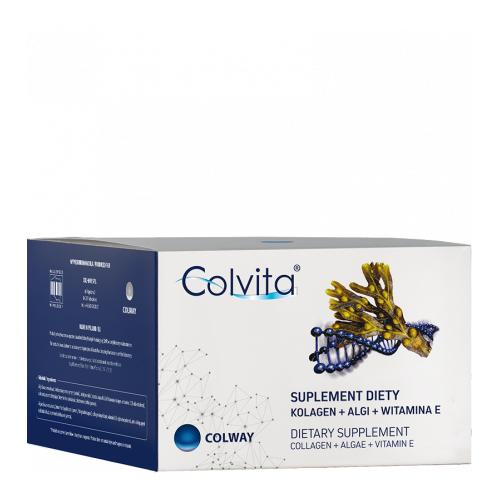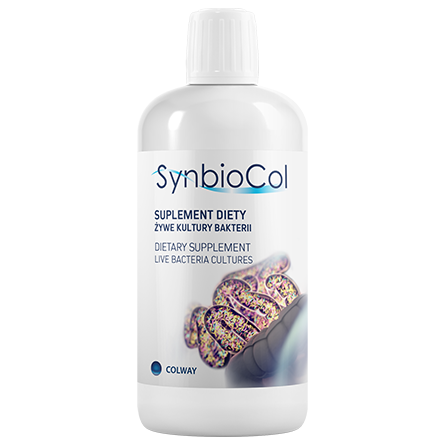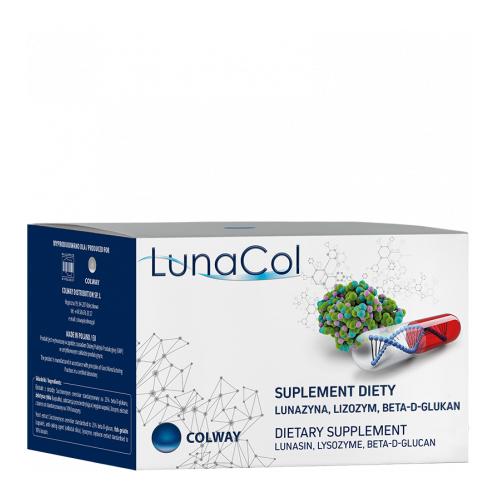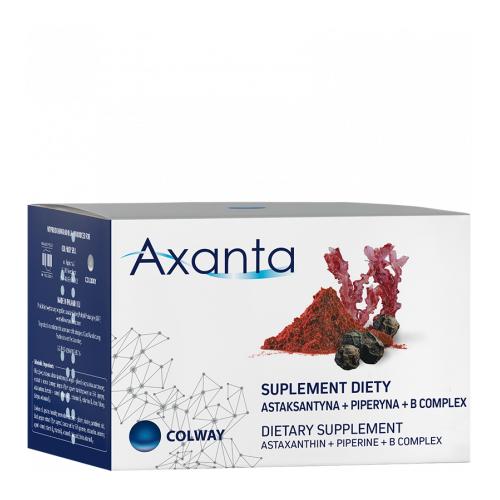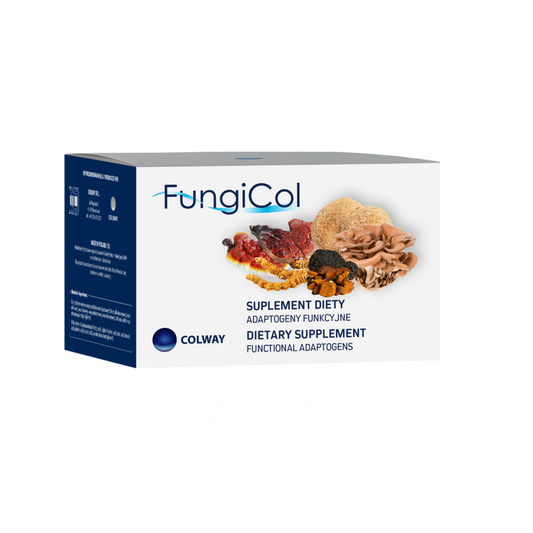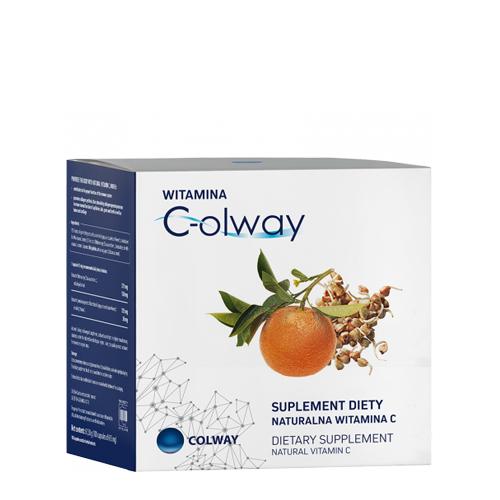Diet is a crucial factor in maintaining good health. Food not only provides energy, but also contains nutrients and bioactive substances that have a positive impact on health. One of the most studied foods in this regard is soybeans. Specifically, the effect of some of its components in the treatment of intestinal diseases of an immune nature has been investigated. This article will describe the role of a soy peptide in the treatment of these disorders, as well as its possible mechanism of action.
Introduction
Intestinal diseases of an immune nature, such as Crohn's disease or ulcerative colitis, are chronic disorders characterized by inflammation of the gastrointestinal tract. These diseases are caused by a dysfunction of the immune system, which mistakenly attacks the cells of the intestine itself. Symptoms include diarrhea, abdominal pain, weight loss, and fatigue. Currently, there is no cure for these diseases, and treatment focuses on relieving symptoms and preventing relapses.
Soy as a source of bioactive compounds
Soy is a legume native to Asia that has been used as food for thousands of years. In recent decades, soy has been found to contain several bioactive compounds that may have positive health effects. These compounds include isoflavones, saponins, and proteins. Specifically, the role of soy proteins in the treatment of intestinal diseases of an immune nature has been investigated.
The lunasin peptide and its biological activity
Lunasin peptide is a bioactive peptide found in soybean proteins. Lunasin has been shown to have antitumor, antioxidant, hypocholesterolemic, and anti-inflammatory properties. Regarding this last property, it has been observed that lunasin can have a beneficial effect in the treatment of intestinal diseases of an immune nature.
Mechanism of action of lunasin in intestinal diseases of an immune nature
Although the mechanism of action of lunasin in the treatment of intestinal diseases of an immune nature is not completely known, some hypotheses have been proposed. It is believed that lunasin could act on immune cells involved in intestinal inflammation, inhibiting their activation and reducing the production of proinflammatory cytokines. It has also been proposed that lunasin could improve the intestinal barrier, reducing permeability and increasing the expression of intercellular binding proteins.
Clinical studies on the effect of lunasin on intestinal diseases of an immune nature
Several clinical studies have been carried out to evaluate the effect of lunasin on intestinal diseases of an immune nature. One of them, published in the Journal of Nutritional Science and Vitaminology in 2015, evaluated the effect of soy peptide supplementation in patients with ulcerative colitis. The results showed that supplementation with soy peptides, including lunasin, significantly improved clinical symptoms and reduced intestinal inflammation compared to the control group.
Another study, published in the Journal of Agricultural and Food Chemistry in 2019, evaluated the effect of lunasin in a mouse model of inflammatory bowel disease. The results showed that lunasin significantly reduced intestinal inflammation and improved the integrity of the intestinal barrier.
Conclusion
In conclusion, the lunasin peptide from soy has biological activity against intestinal disorders of an immune nature, such as ulcerative colitis and Crohn's disease. Its possible mechanism of action includes the modulation of the immune system and the improvement of the intestinal barrier. Several clinical and preclinical studies have been conducted to support its beneficial effect in these disorders. However, further studies are needed to confirm these results and to establish the optimal dose and duration of lunasin supplementation.
FAQs
-
Is soy peptide supplementation safe? Yes, supplementation with soy peptides is safe at recommended doses. However, it is recommended to consult with a doctor before starting any supplementation.
-
Does lunasin have any side effects? To date, no significant side effects associated with lunasin supplementation have been reported.
-
Is lunasin found in other foods besides soy? No, lunasin is found primarily in soy proteins.
-
Can lunasin replace other treatments for intestinal diseases of an immune nature? No, lunasin should not replace other treatments recommended by a doctor. Lunasin supplementation should be considered as an adjunct to other treatments.
-
Is it advisable to include soy in the diet to prevent intestinal diseases of an immune nature? The inclusion of soy in the diet has not been shown to prevent these diseases. However, it has been observed that soy intake can have positive effects on general health, so its inclusion in a balanced diet can be beneficial.




















































































































